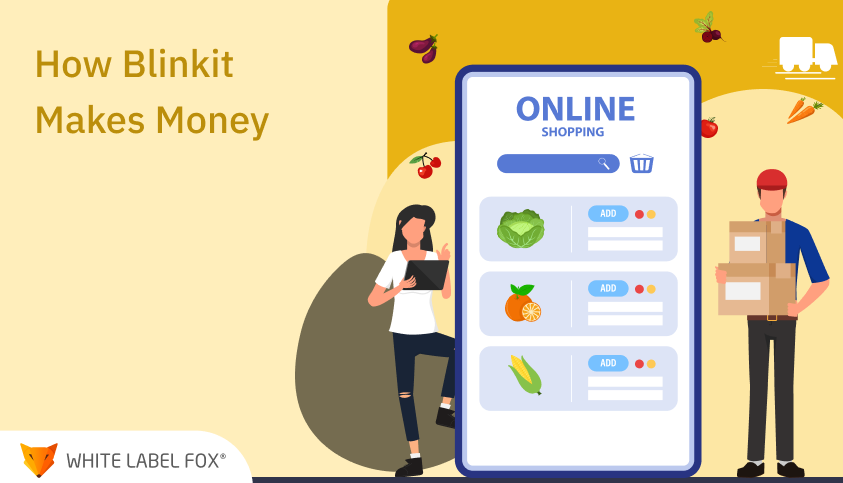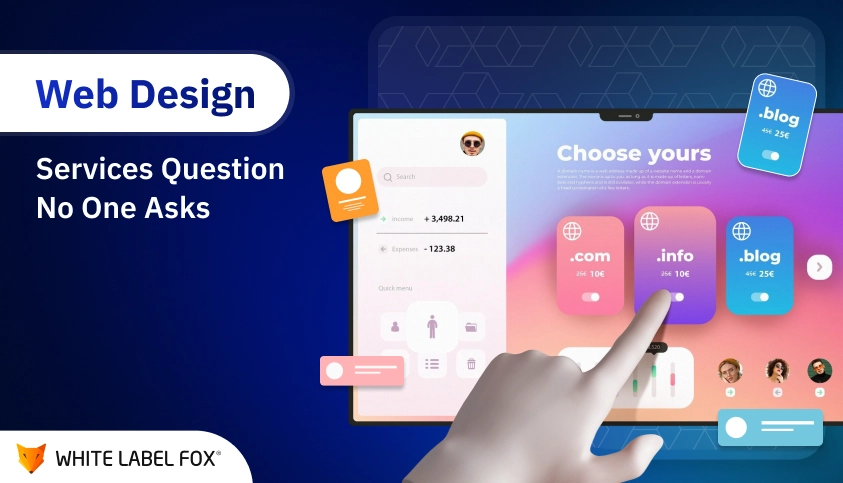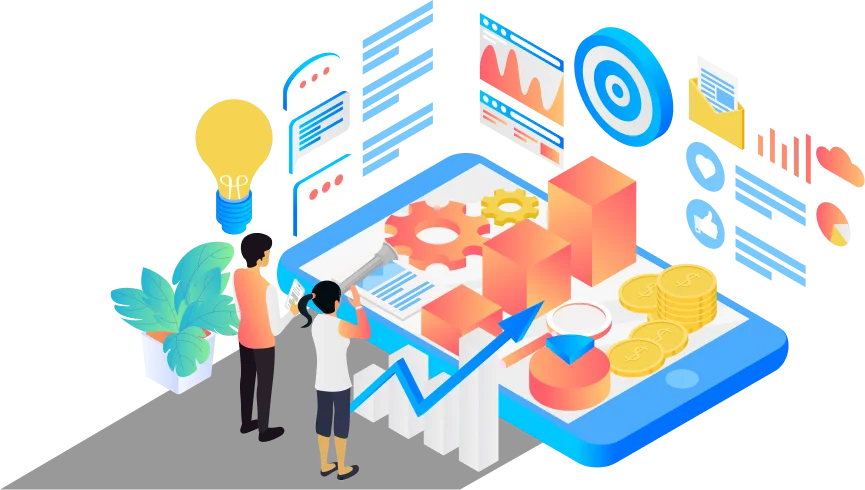The modern demand for privacy, scalability, and seamless access is more important than ever in todays hyper-connected digital ecosystem. The modern internet presents unique challenges for businesses working in the cloud, using AI, or scaling mobile and web apps. Enterprises need solutions that can enable compliance and continuity — whether it is from data collection to cybersecurity testing. Static proxies or VPNs are simply no longer offering the protection or flexibility needed.
Rotating proxies have thus emerged as a key solution in this regard. In contrast to static proxies that assign a constant IP address, rotating proxies meaningfully disguise the identities of users by assigning a new IP address for each request or session. For enterprises that leverage the cloud, this translates to being able to scale up—in terms of data ingestion, app testing, or environments to manage—without getting hit with bans, throttling, and excessive downtime. With the rise of AI-driven platforms and app ecosystems, uninterrupted and ethical access to data sources has become a strategic imperative.
What Are Rotating Proxies?
A rotating proxy is a proxy server that changes its IP address at regular intervals or after each request. They keep changing the source identity in order to enable businesses to bypass detection systems that are aimed to prevent automation or repeated access.
Such an adaptive approach is particularly helpful in app development and where training AI requires large scale datasets, for example. A perfect example would be scraping data publicly at scale to train machine learning models. Rotating proxies ensure that requests are not disrupted, which would create a bias in the dataset and restrict the model from being accurate. Likewise, QA teams that test globalized apps need geolocation spoofed and rotate IPs, which misbehavior user actions can also only be done seamlessly.
Top Use Cases in Cloud and App Development
Rotating proxies are not just some privacy niche but the bedrock of an intelligent data flow industry that operates at a scale unmatched by previous generations of tech. Some key applications include:
- Cloud Marketing Platform Ad Verification
- Companies are able to confirm that their ads show up correctly in different geographical locations, without those results being affected by cache or personalized data.
- Market Research and Price Intelligence
- Rotating proxies help e-commerce platforms gather real-time competitor intelligence fast & without the risk of getting caught in anti-scraping measures. Thus giving you the insights where price and product determine for it.
- App Testing and QA
With user environments around the world being extremely varied, providing your development team with an opportunity to simulate the way an app will behave across devices, networks and geographical locations can prove invaluable.
Cybersecurity and Fraud Prevention
Rotating proxies help penetration testers imitate a wide number of threat actors, while fraud detection systems use them to help identify potential suspicious access patterns before bad actors can take advantage of vulnerabilities.
Having a unified, diverse, consistent and uncontaminated streams of data flows is a competitive need for enterprises backing services powered by AI or any cloud-based applications.
Enhancing Anonymity with Layered Strategies
No one should skip a beat here, rotating proxies are best used when they are part of a larger digital privacy and infrastructure play. Coupled with DNS masking, TLS fingerprinting, and user-agent spoofing, organizations can create resilient pipelines that evolve with detection methods. A fintech app based on hybrid cloud architecture could, for example, employ nested identity masking for customer data, support adherence to privacy laws, and provide safe environments to examine integrations within or between organizations.
According to this article by the Harvard Business Review, modern enterprises need to strike a balance between innovation-feeding risk and conscientious restraint. This really highlights their importance as part of a larger compliance-oriented architecture: you get to be nimble without being an ass.
Legal and Ethical Considerations
Rotating proxies offer obvious benefits, but use should be undertaken responsibly by businesses. Scraping, spamming, or circumventing legal restrictions creates reputational damage and liability. According to the National Law Review, there is growing scrutiny regarding the collection and processing of online data by companies. Likewise, cloud service providers are establishing more stringent policies against unethically scraping or abusive automated[…].
Enterprises should always:
- Check the Terms of Service of the website before automated access
- Follow ethical data collection frameworks.
- Operating at scale? Get legal.
Operational Trade-Offs
While they can be effective, rotating proxies come with some issues. You may also end up imitating a bot with overly aggressive IP rotation, and experience CAPTCHAs or access-denial (see our blog entry on CAPTHAs). Due to less available IP address ranges, too small IP pools can also lead to blacklisting if the IP addresses are not rotated properly. As a result, firms that are utilizing proxies in cloud-based AI training or app testing environments will have to place their trust in providers who offer clean pools of IPs and smart orchestration systems.
Conclusion: A Forward-Looking Necessity
Privacy and continuity are not optional — they are table stakes for organizations building the next chapter of cloud, AI, and mobile app solutions. Rotating proxies give enterprises the power to collect data responsibly, test at scale, and protect operations in an internet where surveillance reigns. They allow organizations to innovate with confidence as long as they are deployed strategically while keeping their digital ecosystems both compliant and resilient.
In the next couple of years, as digital operations will become more complicated, utilizing rotating proxies as part of a wider framework will evolve from a tactical advantage to a strategic must-have. Early movers will ensure that their businesses become leaders in secure, scalable innovation.

















